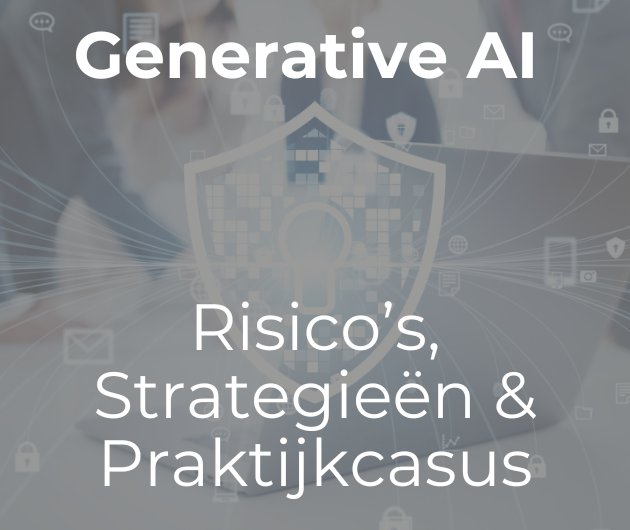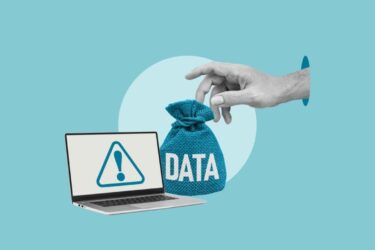I must begin with a disclaimer. I am the messenger, so don’t shot me. I am passing on here my understanding of the legal issues relevant to OSS products. Only a specialist lawyer can give accurate advice; mine is not so good but it is cheaper!
There are a lot of statistics being generated at present by the advent of OSS, the most relevant being that in the first quarter of 2004 there was an increase in server sales of about 27%. In particular there has been a 57% increase in Linux sales and Apache has gained 67% of Web servers compared to 21% by Windows; Unix has lost 2.3% in revenues. There is no denying it, Linux and OSS are now well and truly in the mainstream. Do not be mislead by the lack of sales on the desktop, for sometime yet to be dominated by Windows, but the business systems are steadily moving towards Linux, OSS and Java.
All this is bound to have a profound effect on the IT industry, some good (constraining Microsoft) and some bad (gross over selling), and there are going to be some serious new problems. Already SCO have become everybody’s worst enemy (except Microsoft). Some companies, IBM in particular, but don’t forget H-P, are in a position to exploit OSS products, since they help to sell other products such as hardware and services. Others such as Sun and Oracle are in a much more difficult position, caught between Microsoft and OSS. Sun is of course the authority on Java, a cornerstone of many OSS products, and they have just announced that they will make their proprietary Unix system, Solaris, open source. Quite what that means I don’t know, but who cares any more than Microsoft licensing Windows source code to selected customers? Such customers must be in need of problems!
Much of the impact of OSS is going to be commercial. If Unix has lost 2.3% of revenues, then it has a big impact on Sun in particular. But it is Microsoft that is the real target. IBM is not a philanthropic institution; their support for Linux is a direct attack to constrain Windows in the server market. It comes as no surprise then that Microsoft will fight back. Encouraging SCO was an obvious move, but they have spent many millions to try and stop the rise of OSS in the growing markets of India and China (King Chanute tried something similar, with equally little success). It is inevitable therefore that they, and others, will revert to legal tactics on a big scale. They have learnt a lot from the SCO v IBM shambles. This of course is on a small scale compared to Microsoft’s growing problems and I don’t envisage Microsoft getting in such a mess; if like SCO Microsoft had to revert to litigation as a major source of revenue we would all be in a mess!
Intellectual property rights (IP), patents and trademarks are going to be as important to IT managers as databases or application packages, a very depressing thought. The fact of the matter is that IT managers are risk managers and the legal implications of OSS are most certainly a risk. IT managers have not been overly exposed to legal problems in the past, most problems being related to contracts, licences and performance problems. Now it is going to become mainstream, at least for a few years. Evaluation of legal risk has inevitably become a key factor in the choice between OSS and proprietary products.< BR>
Martin Healey, pioneer development Intel-based computers en c/s-architecture. Director of a number of IT specialist companies and an Emeritus Professor of the University of Wales.








